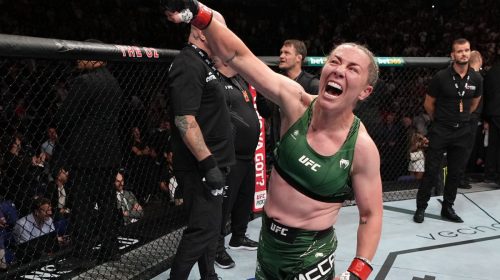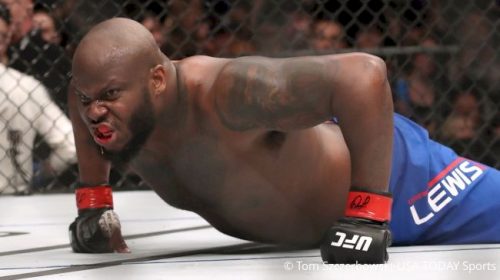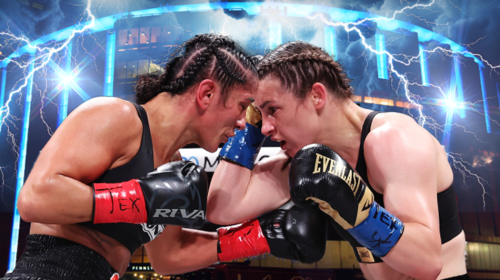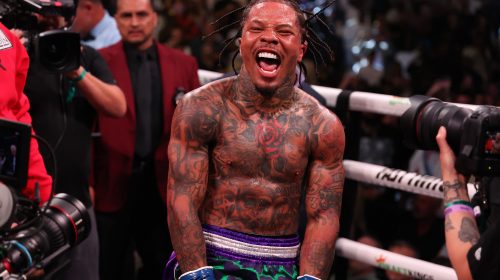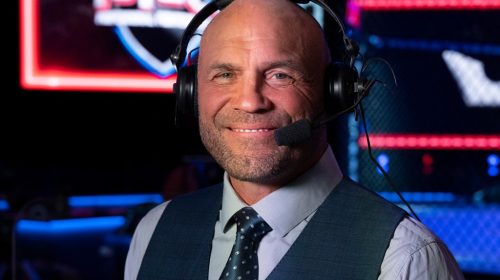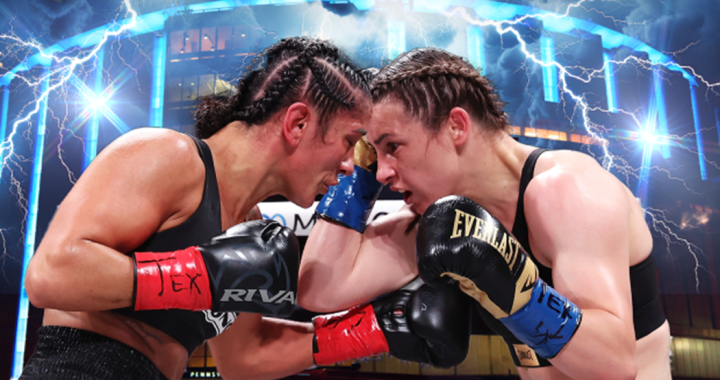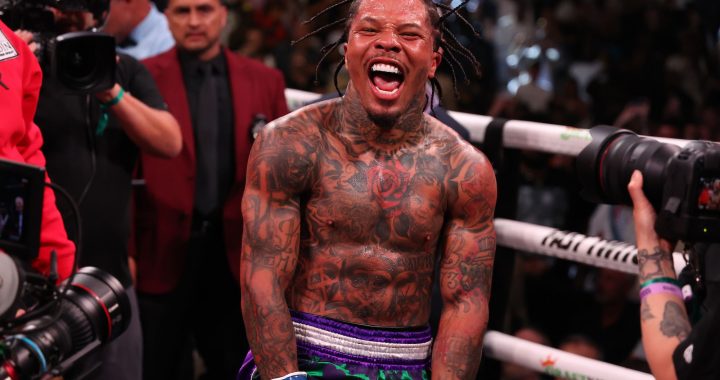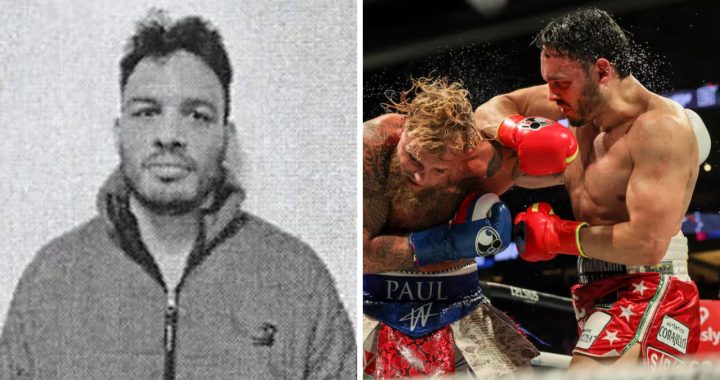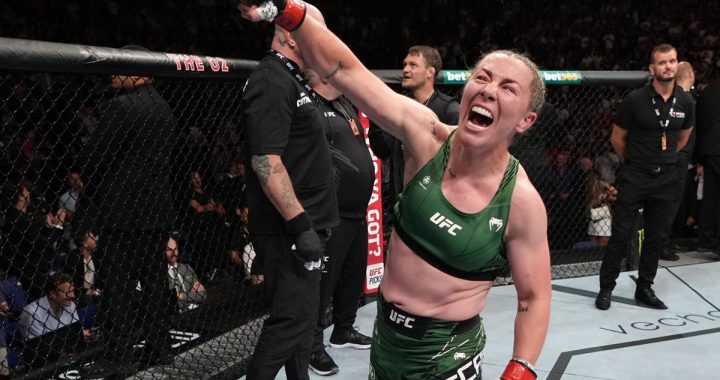
Boxing Tournaments to Go Forward in Tokyo 2020 Olympics
Despite controversy over the International Boxing Association (AIBA), the International Olympic Committee has announced that boxing tournaments will take place as scheduled, though without the participation of the AIBA. Bettors will be able to place wagers on the games with payouts that could equal Grande Vegas casino bonuses.
Boxing and the Olympics
Boxing is an ancient sport that dates back to the Mycenian and Minoan eras. It became an Olympic event for adult men at the Greek Olympics in 688 B.C. and competitions among boys were introduced in 616 B.C.
Modern Olympics and Boxing
Boxing was introduced to the modern Olympic games in 1904. In those games, only 18 athletes competed in boxing bouts. The sport turned out to be a popular one and by the 1908 games, the number of athletes competing was 41, split across five weight categories.
Boxing was not featured in the 1912 games in Stockholm because Swedish law forbade the game. By the 1920 games in Antwerp, boxing was back with 116 competitors from 12 nations participating. In 1928, the sport had grown so much that national teams were limited to fielding one boxer per weight class.
Over the years, new rules have been introduced. In 1984, protective helmets were made obligatory. The Barcelona games of 1992 featured an electronic scoring system designed to strengthen objectivity in refereeing. In 2008, standardized point scoring became accepted.
Cassius Clay, later to become Muhammed Ali, took the gold in Rome in 1956. The Cubans began to dominate the sport from 1968 onward. Over the years, boxing greats including Joe Frazier, Oscar de la Hoya, George Foreman and Ray Leonard received recognition and a start to their careers in the Olympics.
One of the biggest changes in the sport came in 2012 when the London games featured women’s boxing. Tokyo 2020 will have 10’s men’s and 5 women’s events.
Tokyo 2020
In 2020 the boxing tournaments at the Tokyo Summer Games will be held according to the 2013 AIBA criteria. Pro team leagues consist of pros who sign five year contracts with AIBA and compete on pro cards leading up to the Olympic tournament. This allows new pros to retain ties with national committees and retain Olympic eligibility.
There will be eight weight classes for men and five for women.
Men’s Weight Classes will include:
· Flyweight (52 kg)
· Featherweight (57 kg)
· Lightweight (63 kg)
· Welterweight (69 kg)
· Middleweight (75 kg)
· Light heavyweight (81 kg)
· Heavyweight (91kg)
· Super heavyweight (91+ kg)
Women’s Weight Classes will include:
· Flyweight (51 kg)
· Featherweight (57 kg)
· Lightweight (60 kg)
· Welterweight (69 kg)
· Middleweight (75 kg)
Every National Olympic Committee had the opportunity to enter one athlete in each event. Eight places (three women and five men) were allocated to the Tripartite Invitation Commission and six places (two women and four men) were reserved for Japan, the host nation.
Additional places will be allocated through the Continental Olympic Qualification Events (one each for the Americas, Asia/Oceania, Europe and Africa) which are scheduled to be held in the months prior to the Olympic events. There will also be a World Olympic Qualification Event for NOCs without a qualified boxer in the corresponding weight classes.
Controversy
The upcoming Olympics have been marred with controversy regarding the IOC’s ban of the International Boxing Federation due to finance and government issues. The IOC suspended the AIBA after it failed to reform following allegations of links to criminal organizations.
The IOC will be the official administrator of the boxing qualification and competition at the Tokyo Olympics. The IOC suspended the federation by a unanimous vote after it became clear that the AIBA had failed to reform following turmoil over its governance and finances.
Currently, the AIBA is $16 million in debt. In addition, an ongoing battle over the presidency has split the body internally. The IOC voted to ban AIBA after it received a report from Serbian IOC member Nenad Lalovic who had been tasked with looking into the IOC’s ties with AIBA as part of an IOC task force. Lalovic delivered a highly critical report to the IOC session. He reported that the AIBA could reach a debt of as much as $29 million and that it had failed to reform its administration.
AIBA president Gafur Rahimov of Uzbekistan suspended himself due to his presence on a US Treasury Department sanctions list “for providing material support” to a criminal organization. Rahimov denied the allegations but he recognized that his presence on the sanctions list could damage IOC. In the interim, Rahimov has been replaced by Mohamed Moustahsane. Rahimov said of his name being linked to criminal organizations, “It exposes the IOC and its commercial partners to unacceptable reputational, legal and financial risks.”
Report author Lalovic said AIBA’s debt meant that the organization would be faced with problems with refereeing. Money would not go to sports and the athletes in the future, Lalovic said.




